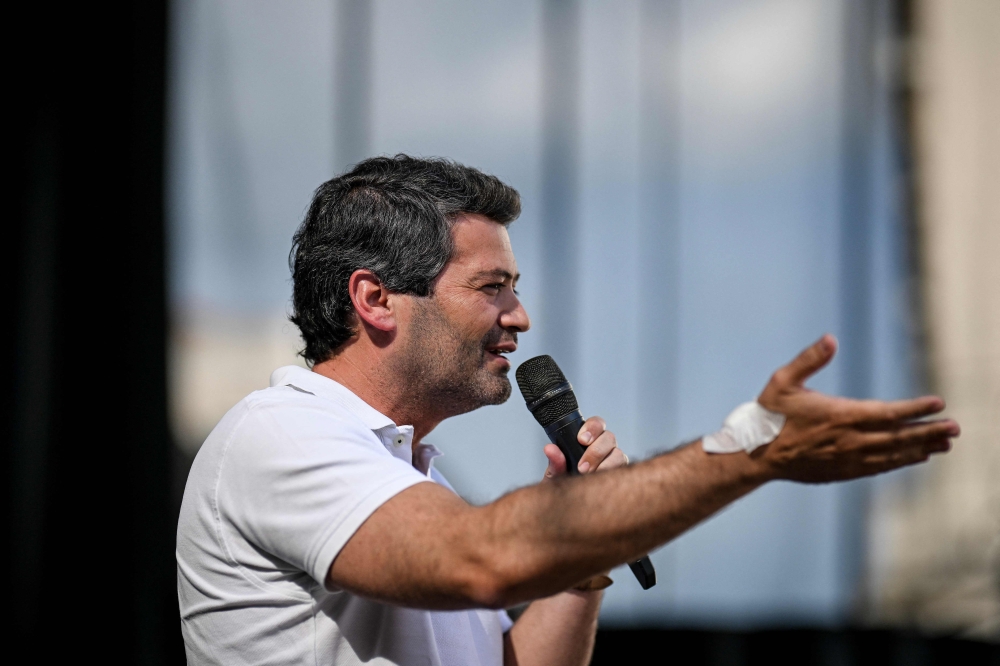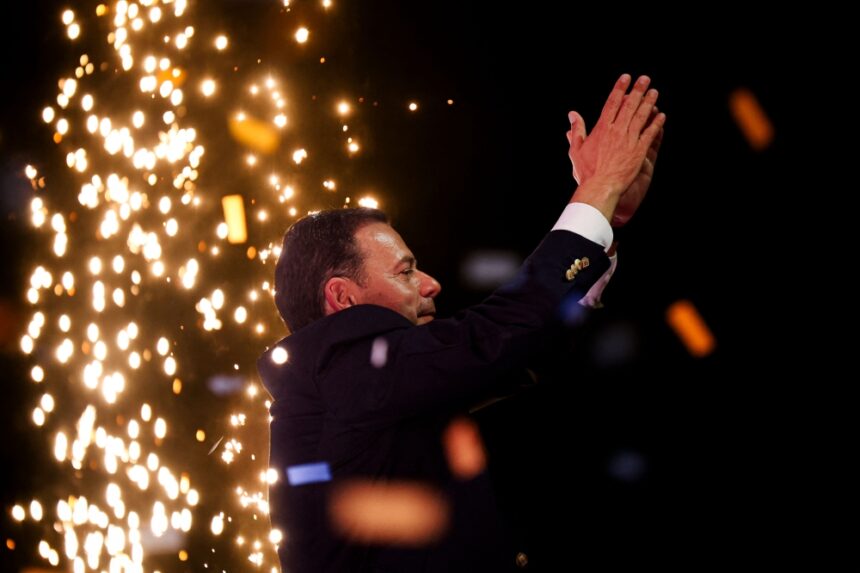LISBON, May 19 — Portugal holds a snap general election on Sunday that is likely to produce a new hung parliament.
Opinion polls show that neither of the two main contenders—the incumbent centre-right Democratic Alliance or the main opposition Socialist Party—will secure a parliamentary majority.
Here are snapshots of the three main party leaders:
Luis Montenegro
After coming to power following a March 2024 election, Prime Minister Luis Montenegro became embroiled in a possible case of conflict of interest that tarnished his image.
The affair began after questions were raised about the activities of a consultancy firm he had founded and has since passed on to his children.
The 52-year-old gave in to opposition demands for a vote of confidence, which he lost, triggering the early election.
The leader of the centre-right Social Democratic Party (PSD) has repeatedly refused to consider an alliance with the far right.
In office, he led a minority government in alliance with the much-smaller conservative CDS-PP party, together called the Democratic Alliance.
Montenegro, with blue eyes and a dimpled chin, was born in Portugal’s second-larges city, Porto.
He grew up in nearby Espinho, where he worked as a lifeguard in his youth and lost a bid for mayor in 2005.
Trained as a lawyer, he became an MP at 29 in 2002 and was in parliament until 2018.
Montenegro was leader of the PSD parliamentary group when it was in power from 2011 to 2015, during a period of severe austerity measures.
He was elected PSD head in 2022 on his second attempt to lead the party.
Portuguese Socialist Party (PS) leader Pedro Nuno Santos waves to supporters as he takes part in a street rally in Lisbon on May 16. — AFP pic
Pedro Nuno Santos
The 48-year-old economist rose through the main opposition Socialist Party’s left-wing ranks to become its leader in 2024, just weeks before the last election in which the formation won 78 seats.
He allowed Montenegro’s budget for 2025 to be passed but joined forces with the hard left and the hard right to defeat the minority government’s vote of confidence.
The son of a businessman from the northern region of Aveiro who made a fortune in the shoe business, he was infrastructure minister in the previous socialist government of Antonio Costa.
He fell out with Costa—who is now the president of the European Council—for announcing the site of a new Lisbon airport without the premier’s consent.
Nuno Santos resigned in 2022 after a scandal about an indemnity paid to a departing administrator at national airline TAP, which was in the midst of a restructuring plan.

CHEGA far-right party leader Andre Ventura delivers a speech at a rally in Lisbon on May 16. — AFP pic
Andre Ventura
Described as ambitious or opportunistic—or both—far-right figurehead Andre Ventura, a youthful 42-year-old, had thought of becoming a priest or a writer. In the end, he made his name as a television sports commentator.
That opened the gates to a political career, initially with the PSD.
Originally from the Lisbon suburbs, he became a national figure when he denounced the Roma community while he was running for mayor in a nearby town.
Armed with charm and a sharp tongue, Ventura quit the PSD to create the Chega (“Enough”) party in 2019, spreading a populist, anti-establishment message.
Elected to parliament that year as his party’s only member, he led Chega to become Portugal’s third-largest formation in the 2022 legislative elections, a position it kept in polls last year. — AFP


